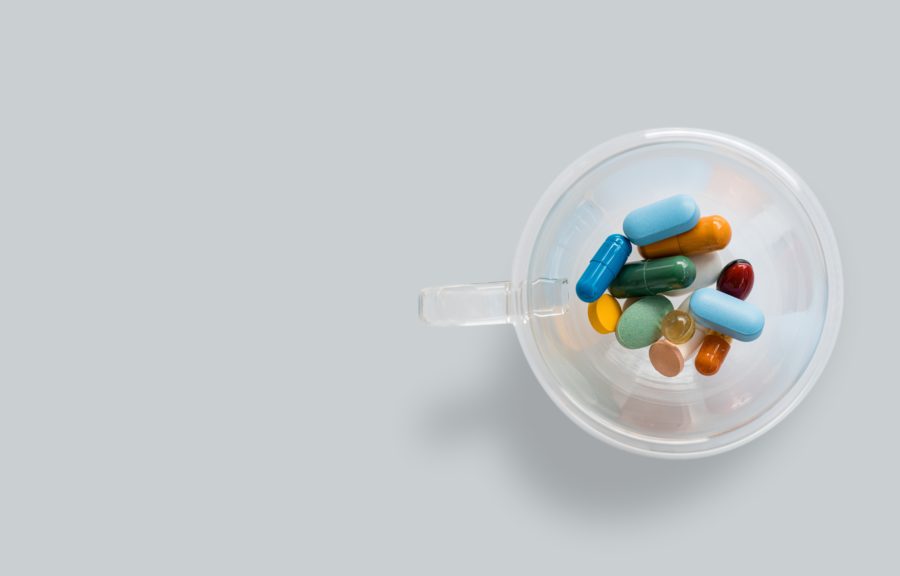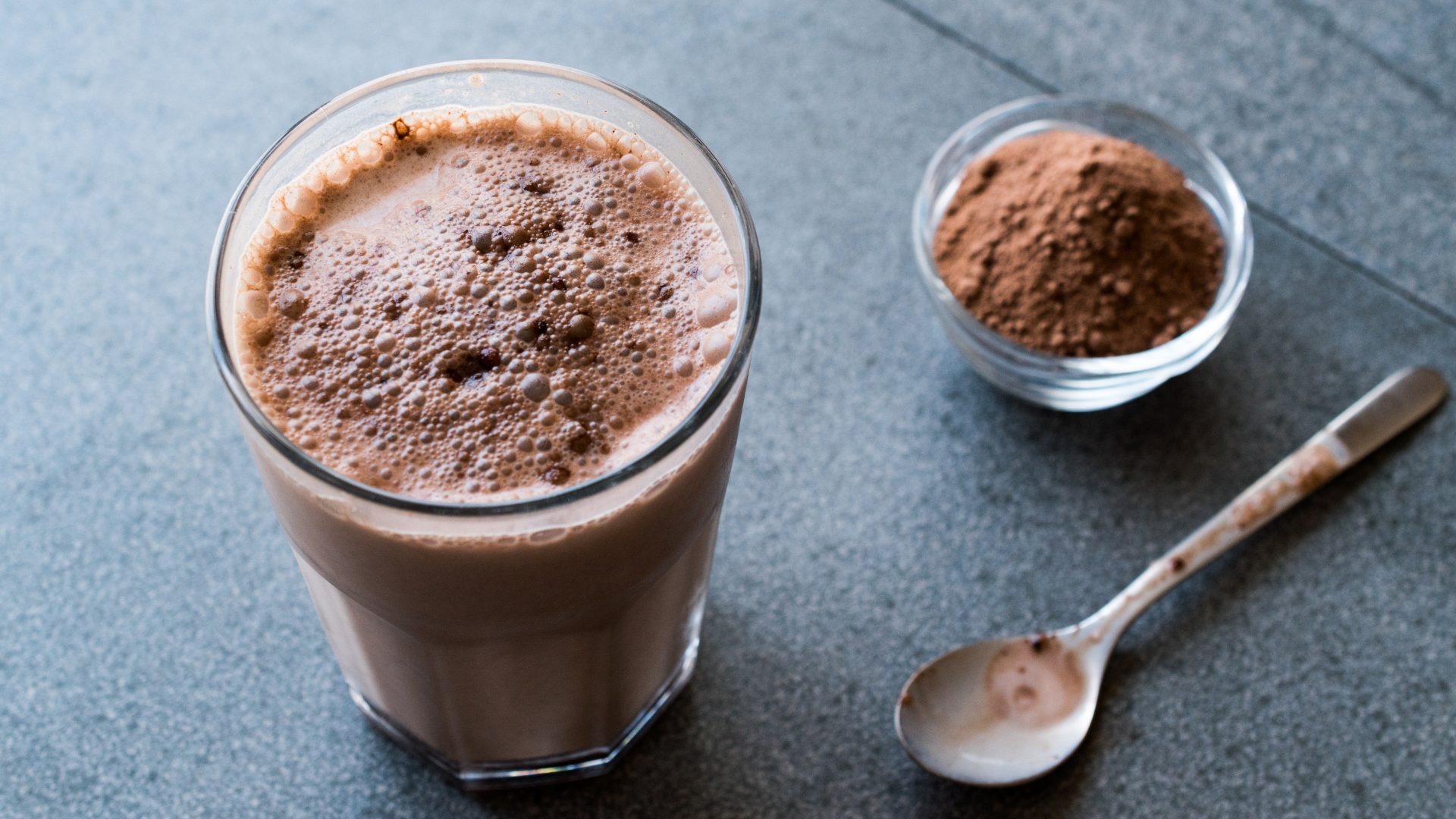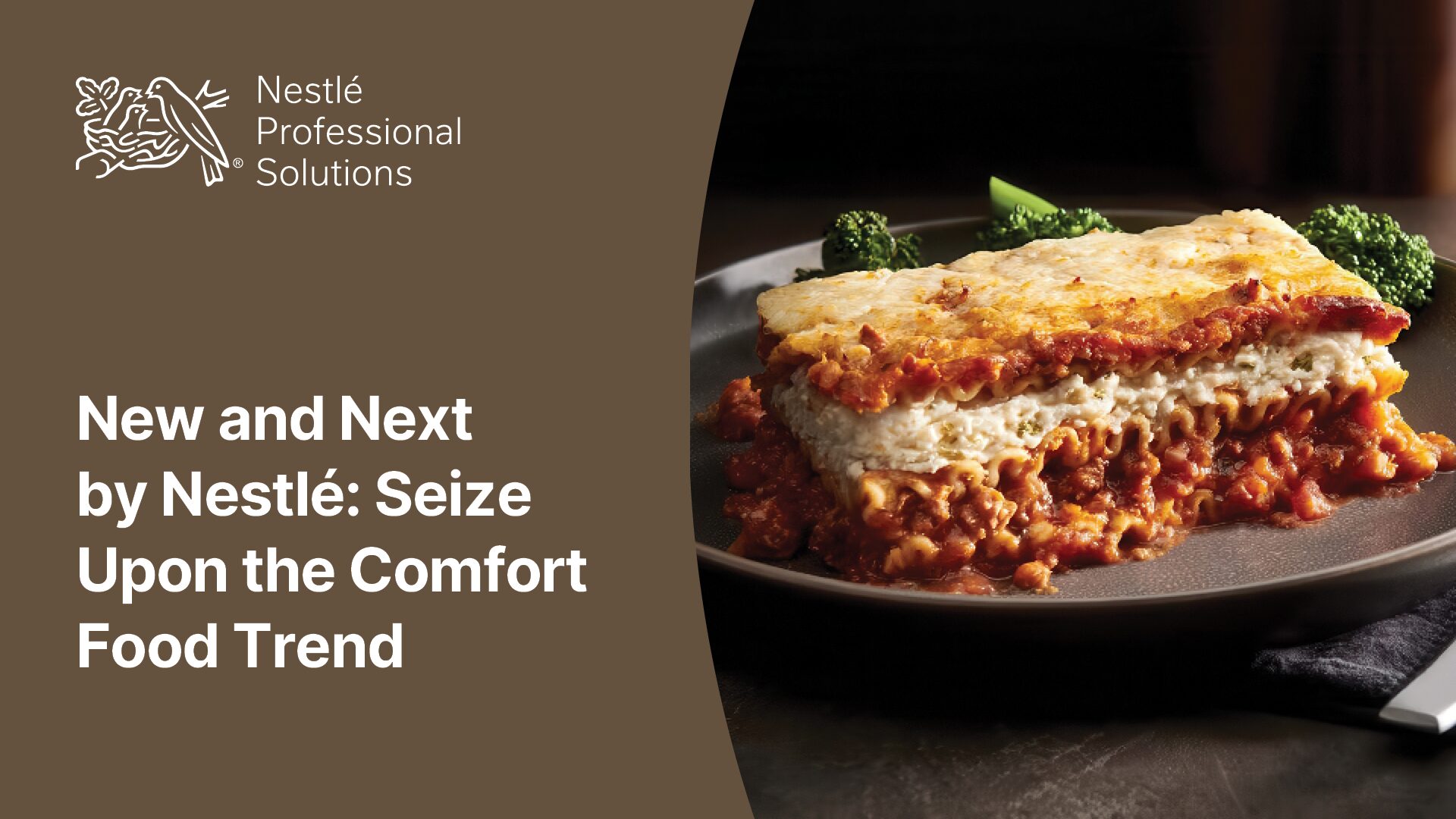Six out of 10 global consumers are increasingly looking for food and beverage products that support their immune health, with one in three saying that concerns about immune health increased in 2020 over 2019, according to the Innova Consumer Survey 2020.
Immunity-boosting ingredients are expected to play a significant role in the coming year, while research and interest in the microbiome and personalized nutrition as ways to strengthen immunity will accelerate.
This interest in health can be seen at Nestlé where sales from its health-science business lifted overall revenue as organic sales grew 3.5% in the first nine months of the year, beating analysts’ estimates of 2.8%, reported The Wall Street Journal (Oct. 21).
As the pandemic wears on, companies like Nestlé are getting a boost from consumers gravitating toward products that support health, particularly the immune system. While Nestlé’s health-science business represents only about 3% of Nestlé’s overall sales, Mark Schneider, chief executive, aims to have the company become “a health and nutrition powerhouse” through acquisitions and organic growth.
In particular, demand for vitamins, minerals, and supplements was strong, according to the company. Supplement brands Garden of Life and Pure Encapsulations sold well online, while so called healthy-aging products grew at a double-digit rate in the nine-month period, with help from Boost, a nutritional drink brand, in North America and Nutren, a line of nutritional supplements, in Brazil.
Other companies also made moves to take advantage of the increased concern about health during the pandemic. For example, Unilever PLC doubled the amount of zinc that goes in its Horlicks brand—a malted milk in India. It is also marketing what it says are the brands immunity-boosting benefits.
Additionally, Archer-Daniels Midland Co. (ADM) aims to increase the operating profit from its nutrition unit to $1 billion, more than double last year’s level, reported Bloomberg (Oct. 21).
Profit from its nutrition unit, which includes the plant burger operations, surged 52% in the first half of the year to $300 million from the year-earlier period. That helped ADM beat earnings expectations, even as first-half profit at its traditional grain-handling business rose only 7.2% to $835 million.
The company’s nutrition business was a key player in being able to survive the pandemic. Supply chain disruptions hurt many of ADM’s commodity rivals, but the company saw a jump in demand for probiotics and other similar products.
“It’s been interesting that as bad as coronavirus is for the world, to a certain degree it reinforced the direction we have taken in ADM strategically,” said Juan Luciano, CEO of ADM. “Today the No. 1 question in the world is: How can I stay healthy?”












